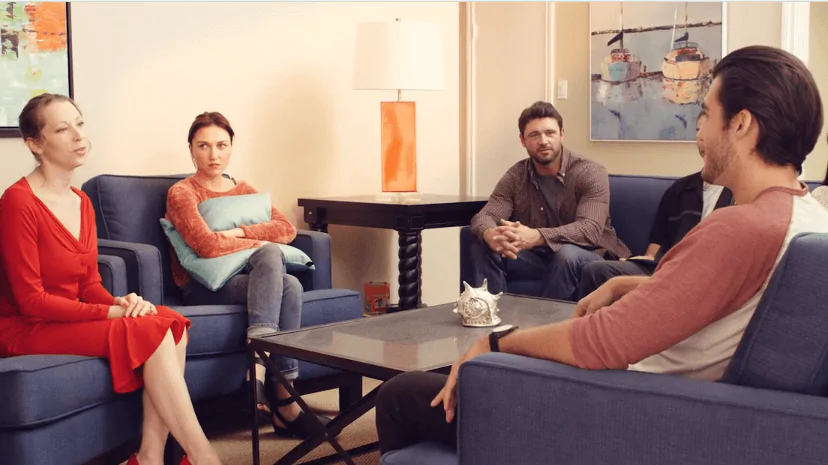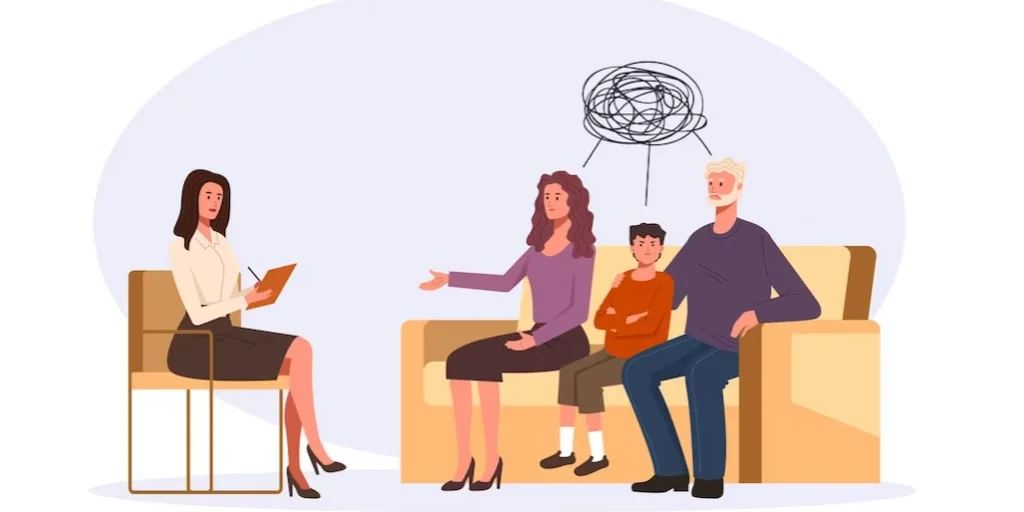24/7 Helpline:
(866) 899-221924/7 Helpline:
(866) 899-2219
Learn more about Opiate Detox centers in Crested Butte
Opiate Detox in Other Cities

Other Insurance Options

WellPoint

ComPsych

Humana

State Farm

MHNNet Behavioral Health

Optum

Choice Care Network

MVP Healthcare

Providence

Magellan Health

Health Partners
Beacon

BHS | Behavioral Health Systems

Regence

American Behavioral

Multiplan

Molina Healthcare

Medical Mutual of Ohio

WellCare Health Plans

GEHA



The Center for Mental Health
The Center for Mental Health is a non-profit organization and is governed by a board of directors re...

Teocalli Treatment Options
Teocalli Treatment Options offers outpatient treatmnet for individuals with alcohol and/or substance...






















The Center for Mental Health – Crystal Hall
The Center for Mental Health is a non-profit organization and is governed by a board of directors re...








































